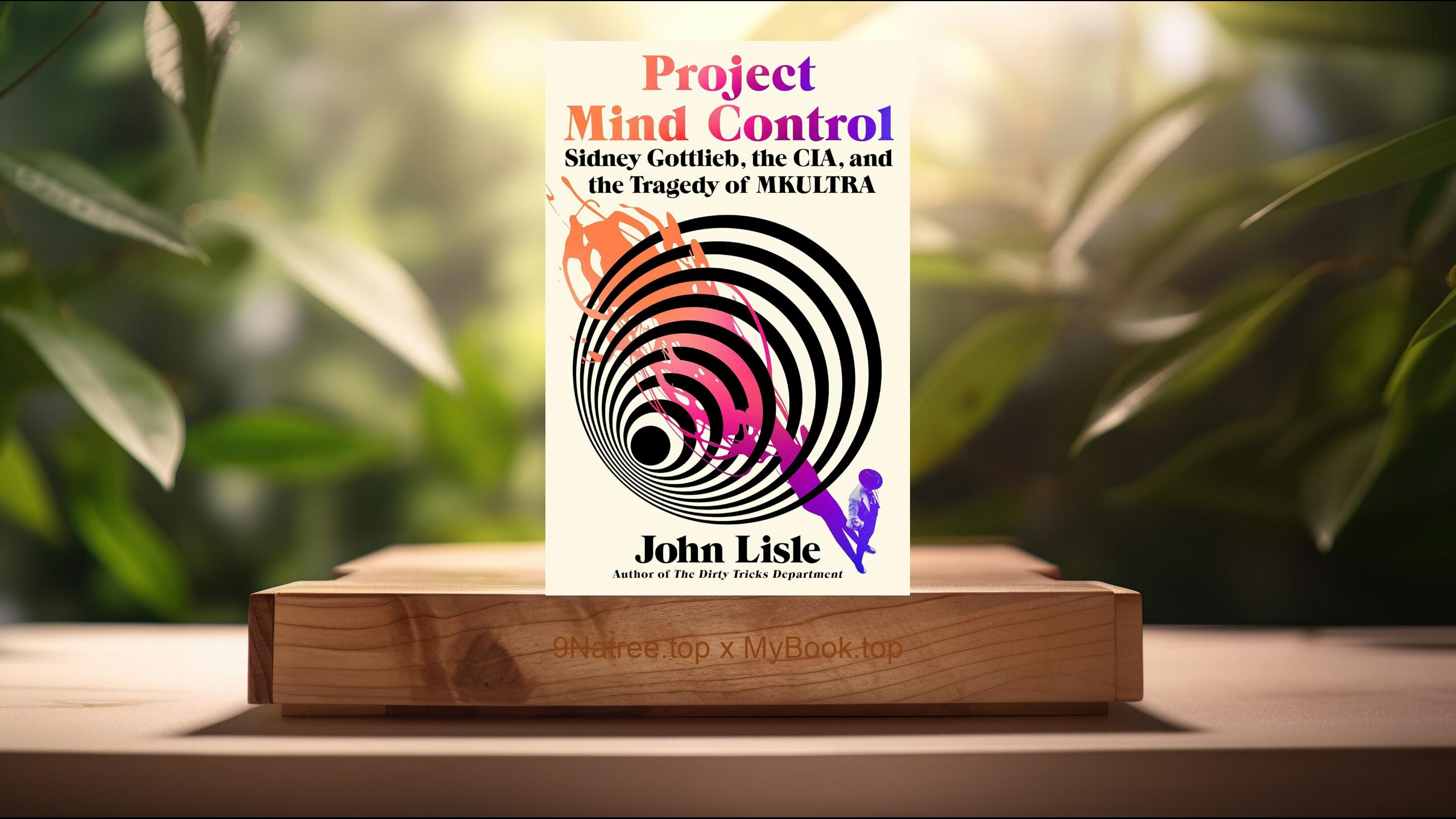Show Notes
Buy on Amazon: https://www.amazon.com/dp/B0B3Y9RSFP?tag=9natree-20
These are takeaways from this book.
Firstly, Defining the Generations: Characteristics and Timeframes, Twenge meticulously defines each generation, noting their birth years and the key historical, social, and technological milestones that have influenced their upbringing and worldview. The Silent Generation (1925-1942) grew up in the aftermath of economic turmoil and war, shaping their stoicism and work ethic. Baby Boomers (1943-1960) were the post-war prosperity children, optimistic and driven, transforming social norms. Generation X (1961-1981) saw the rise of dual-income households and the birth of the internet, becoming independent, skeptical, and value-driven. Millennials (1982-1999) were marked by the digital revolution and economic instability, leading to their idealism, civic-mindedness, and pursuit of work-life balance. Lastly, Gen Z (2000 onwards) has been molded by global connectivity and social media, resulting in their realism, entrepreneurial spirit, and commitment to social justice. These generational portraits offer a foundational understanding of how each age group navigates the world.
Secondly, Workplace Dynamics and Expectations, Twenge explores how generational differences manifest in the workplace, from preferred communication styles to expectations of job roles and company culture. Boomers often value hierarchies and loyalty, appreciating formal communication and clear structures. Gen X, having witnessed economic and corporate shifts, tends to prioritize job security, flexibility, and a healthy work-life balance, often favoring email as their communication medium. Millennials, on the other hand, seek meaningful work, frequent feedback, and collaborative environments, comfortable with digital communication platforms. Gen Z appears to merge these values, desiring stability, purpose-driven careers, and technology-integrated workspaces, all while championing diversity and inclusion. Understanding these dynamics is crucial for creating productive and harmonious workplaces that can cater to the strengths and preferences of each generation.
Thirdly, Political Ideologies and Civic Engagement, The book examines the political leanings and levels of civic engagement among the different generations, revealing complex layers influenced by historical events, economic conditions, and pivotal societal changes. The Silent Generation and Boomers, who experienced America's rise to global dominance, often exhibit more conservative ideologies, valuing traditional social structures and national pride. Gen X's skepticism towards institutions, informed by political and economic instability during their formative years, translates into a pragmatic, centrist political outlook. Millennials, having come of age during wars, the Great Recession, and the rise of the internet, lean towards progressive ideals, advocating for social justice, environmental sustainability, and inclusive policies. Gen Z, even more connected and informed, amplifies these tendencies, showing high engagement in political activism and progressive movements. This shift towards more progressive ideologies among younger generations signals a transformative period in American politics, shaped by the desire for equality, diversity, and sustainability.
Fourthly, Technological Innovation and Adaptation, This segment delves into how each generation has been shaped by and has adapted to technological advances, from the television and personal computer to the internet and smartphones. The Silent Generation and Boomers were the first to experience the dawn of mass media and computing technology, setting the stage for future innovations. Gen X witnessed the digital revolution, becoming the bridge generation that transitioned from analog to digital. Millennials, often called digital natives, were the first to grow up fully immersed in the digital world, using technology for both work and social life. Gen Z, on the other hand, has never known a world without the internet, smartphones, and social media, making them the most technologically savvy and connected generation. These advancements have not only transformed communication and information consumption but have also led to shifts in societal norms, education, and the workforce, underscoring the importance of understanding technological impacts across generations.
Lastly, Economic Perspectives and Consumer Behavior, Twenge sheds light on how economic conditions experienced by each generation during their formative years influence their spending habits, saving patterns, and attitudes towards money. The Silent Generation, having grown up during economic hardship, tends to be thrifty and value-oriented. Boomers, beneficiaries of post-war economic boom, are more likely to invest in real estate and retirement funds, symbolizing their optimism and faith in economic growth. Gen X, facing recession and job instability, adopts a cautious approach towards spending and saving, emphasizing financial security. Millennials, influenced by economic downturns and student debt, show a preference for experiences over possessions and are wary of financial risk. Gen Z, witnessing the long-term effects of economic volatility, is pragmatic and financially literate from an early age, prioritizing saving over spending. These economic perspectives deeply affect market trends, consumer behavior, and financial planning strategies across generations.
In conclusion, Generations' is a seminal work for anyone interested in understanding the profound differences and surprising similarities among the various American generations. Jean M. Twenge offers a well-researched and accessible examination of how each generation's experiences have shaped their values, behaviors, and societal contributions. This book is particularly valuable for marketers, educators, workplace leaders, and policymakers who must navigate the complexities of generational dynamics. It provides insights into improving communication, fostering collaboration, and designing policies and products that resonate across age groups. By understanding these generational divides, readers can appreciate the rich tapestry of American society and contribute to a more inclusive and understanding future. Ultimately, 'Generations' encourages us to see beyond stereotypes and embrace the diverse perspectives each generation brings to the table, making it an indispensable guide for building a more cohesive and progressive society.
References: https://mybook.top/read/B0B3Y9RSFP/
#Generationaldifferences #Workplacedynamics #Politicalideologies #Technologicaladaptation #Economicperspectives #Consumerbehavior #Societalshifts #Americangenerations
![[Review] Generations: The Real Differences Between Gen Z, Millennials, Gen X, Boomers, and Silents—and What They Mean for America's Future (Jean M. Twenge) Summarized](https://episodes.castos.com/660078c6833215-59505987/images/1699904/c1a-085k3-xmppvrnks48x-wqvv7h.jpg)




